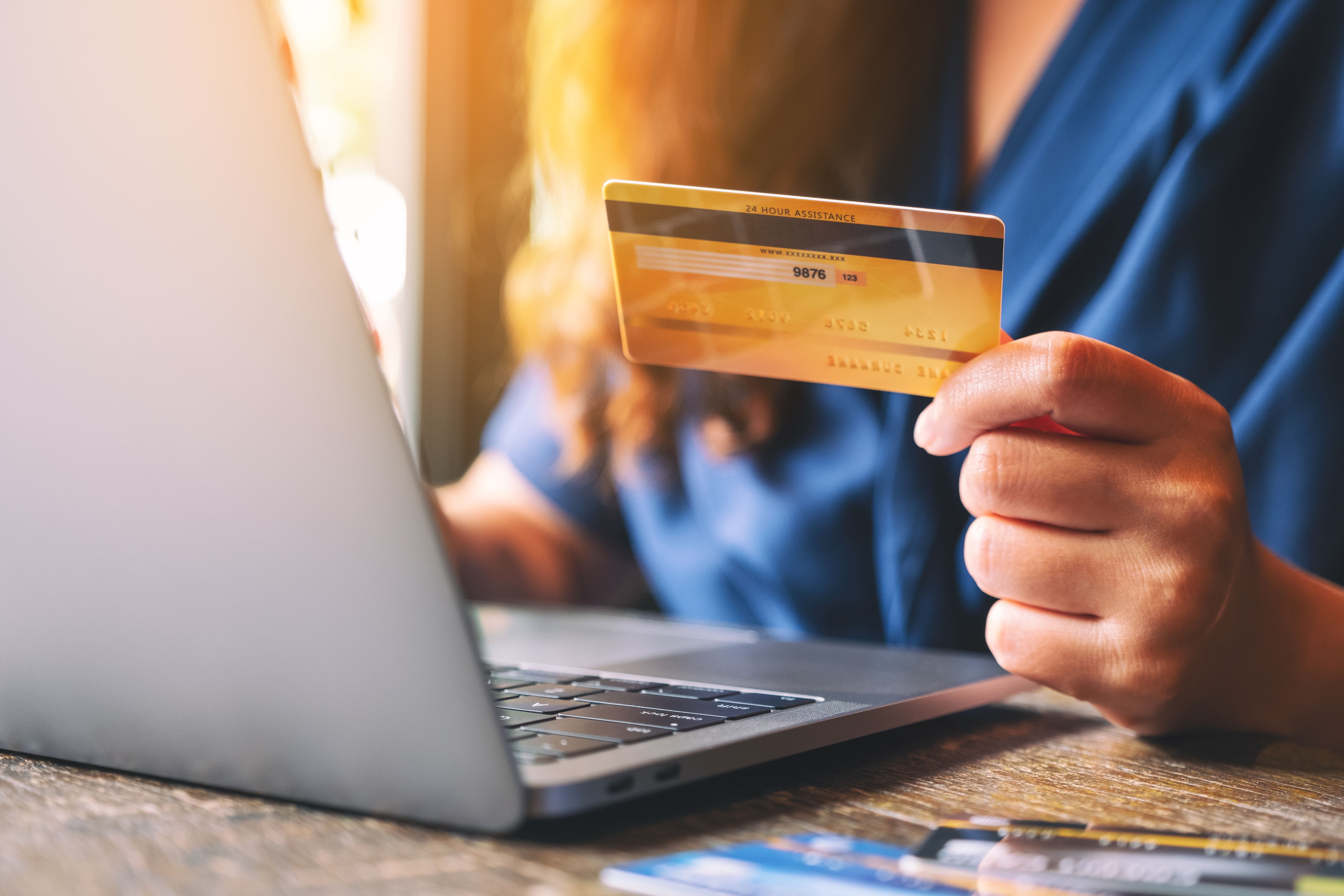10 Common Mistakes Made with Credit Cards

- Getting a credit card without understanding the ramifications of credit card debt.
Young people are especially susceptible to this mistake. Youthful indiscretion and short sightedness are a natural part of early adulthood. Unfortunately, failing to understand the long-term ramifications of credit card debt can lead to years or even decades of financial struggles.
If you have a child, grandchild, niece or nephew who is frustrated at their lack of money and thinking about getting a credit card, talk to them about APR, interest and the dangers of credit card debt.
Being able to buy things you want now, without having to earn the money first, sounds attractive until you realize you’ll eventually have to pay back far more than you borrowed. Many young people might not make those mistakes if they understand the price they will pay in the future.
- Carrying a balance.
The risks of credit cards can be eliminated by simply paying off the full balance each pay period. You can enjoy the convenience of a credit card without the interest by staying on top of your credit card balance.
- Only making minimum payments.
A minimum payment does not stop interest, it only keeps you in “good standing” and lets you avoid penalties. The credit card company wants you to make minimum payments because the main way they make money is from interest accrual.
You’ll always be charged interest on any unpaid debt you carry from one month to the next, so it’s best to carry no debt between billing periods.
- Missing or making late payments.
While only making minimum payments isn’t ideal, it’s not as bad as entirely missing payments or making late payments. Late payments can come with significant fees, and payments that are 30 or more days late are reported to the credit bureaus, which will negatively impact your credit score.
Many credit card users avoid missed or late payments by setting up auto pay for their credit card.
- Maxing out your card.
Maxing out a credit card can also negatively impact your credit score. People who struggle with credit card debt may have one or more maxed out cards and be unable to make all their minimum payments every month. It can be hard to get out of debt when you can’t even afford to pay off the new interest added each month.
- Not reviewing monthly statements.
Credit card theft is an all-too-common occurrence in modern times. While banks and credit card companies have gotten better at spotting unusual credit card behavior, theft can still happen. Many people also remain subscribed to streaming services or subscriptions they don’t use often, or they get mistakenly billed for services or products they didn’t purchase.
Reviewing your credit card statement every month gives you a chance to catch discrepancies, mistakes or wasteful spending.
- Failing to research alternatives.
OnPath FCU offers members several different credit card options, including a Platinum Rewards Visa, Platinum Signature Visa with travel perks and a Platinum Low-Rate Visa. The right card for you is likely dependent on the fees, your credit score and the rewards.
Many banks and credit unions waive annual credit card fees for members. OnPath FCU credit cards have no annual fees or balance transfer fees.
- Not using points or rewards before they expire.
Those reward points you earn on your credit card are only valuable if you use them. Points generally aren’t permanent, and they may expire within a year or two if they aren’t used. Make sure you understand the rules of your card’s rewards to make the most of your points.
- Applying for too many cards.
There are several ways in which credit card usage can affect your credit score. One is credit utilization, which pertains to the percentage of unused credit you have available.
If you have four credit cards, each with a $10,000 limit, but you’re only carrying $2,000 of credit card debt, then your credit utilization level is good, right?
It depends on your payment history, the age of your credit cards and your mix of debt. There are scenarios where having too many credit cards, especially if you have high credit utilization, can have significant negative effects on your credit score. You might also be more likely to forget to make payments on all your cards if you carry too many.
- Paying one credit card with another.
The only time you should strongly consider paying off debt with a credit card is if you’re doing so for debt consolidation purposes and a lower interest rate. Opening new lines of credit may not be advisable if you’re already struggling to pay off your existing debt.
If you find yourself in that situation, you may want to learn more about OnPath FCU’s debt consolidation personal loan products.
Get Fee-Free, Low-Interest Credit Cards in New Orleans
OnPath Federal Credit Union members have access to some great, consumer-friendly credit card options. Don’t hesitate to contact us at 800.749.6193 for more information.